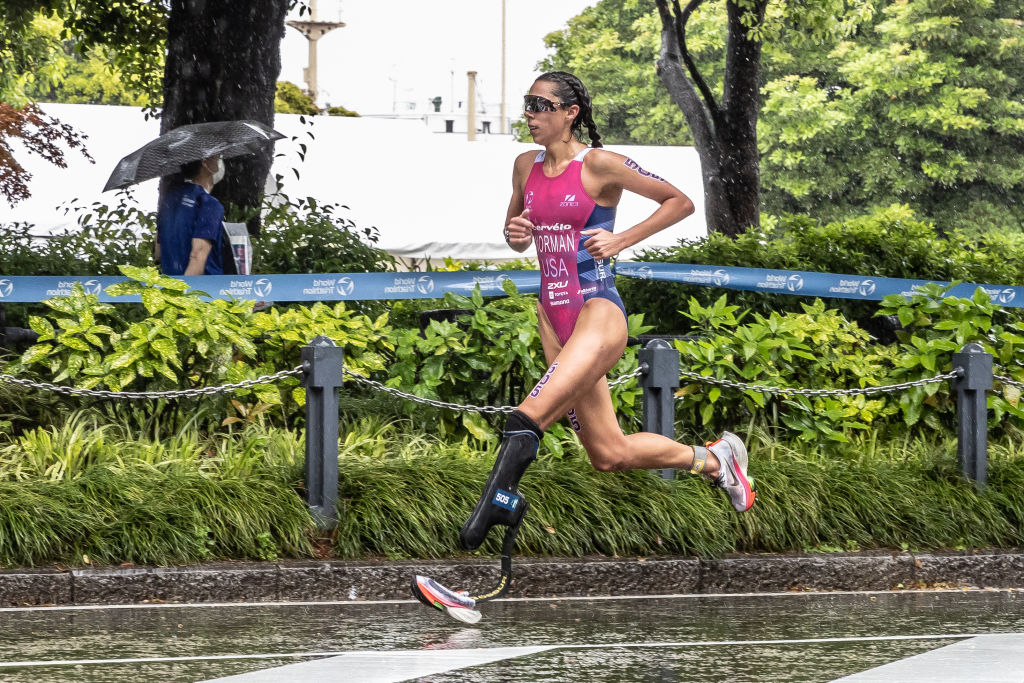
Recovery Reinvented: AI-Powered Sports Injury Rehabilitation
In the realm of sports injury recovery, the integration of artificial intelligence (AI) is revolutionizing rehabilitation methodologies. This AI-driven approach goes beyond traditional recovery methods, offering personalized, data-driven insights, and accelerating the healing process for athletes.
Personalized Rehabilitation Protocols
AI-driven sports injury recovery starts with the creation of personalized rehabilitation protocols. By analyzing individual athlete data, including injury type, biomechanics, and historical recovery patterns, AI algorithms generate customized plans. These plans are tailored to address the specific needs of each athlete, optimizing the rehabilitation process for faster and more effective results.
Real-time Monitoring and Feedback
One of the key advantages of AI in sports injury recovery is real-time monitoring. Wearable devices equipped with sensors provide continuous data on an athlete’s movements, muscle activity, and recovery progress. AI algorithms analyze this real-time data, offering immediate feedback to both athletes and healthcare professionals. This proactive approach allows for adjustments to the rehabilitation plan based on the athlete’s real-time condition.
Predictive Analytics for Injury Prevention
Beyond rehabilitation, AI plays a crucial role in predicting and preventing future injuries. By analyzing historical data, including injury patterns, training loads, and physiological markers, AI algorithms can identify potential risk factors. This predictive analytics approach enables athletes and their support teams to implement targeted prevention strategies, reducing the likelihood of recurring injuries.
Smart Rehabilitation Equipment
AI-driven sports injury recovery often involves the use of smart rehabilitation equipment. These devices, equipped with sensors and AI capabilities, provide real-time feedback on an athlete’s performance during exercises. This technology ensures that athletes maintain proper form, control, and intensity, maximizing the effectiveness of rehabilitation exercises and minimizing the risk of secondary injuries.
Remote Rehabilitation Monitoring
In an era where remote access to healthcare is increasingly important, AI facilitates remote rehabilitation monitoring. Athletes can perform prescribed exercises at home, and AI-powered systems remotely track their progress. This not only enhances convenience for athletes but also allows healthcare professionals to make timely adjustments to the rehabilitation plan, ensuring optimal recovery.
Adaptive Rehabilitation Programs
AI’s adaptive nature enables rehabilitation programs to evolve dynamically. As an athlete progresses through recovery, AI continuously assesses performance and adjusts the rehabilitation plan accordingly. This adaptability ensures that athletes are consistently challenged at an appropriate level, promoting gradual strength and mobility improvements without causing excessive strain.
Biomechanical Analysis and Correction
Biomechanics is a crucial aspect of sports injury recovery, and AI excels in biomechanical analysis. AI algorithms can assess an athlete’s movement patterns, identify irregularities, and provide corrective measures. This technology is particularly beneficial for addressing biomechanical issues that may contribute to recurring injuries or hinder optimal performance.
Enhanced Rehabilitation Documentation
AI streamlines the documentation process in sports injury rehabilitation. Automated tracking of exercises, progress metrics, and recovery milestones reduces administrative burdens on both athletes and healthcare professionals. This not only improves efficiency but also creates a comprehensive record that can be valuable for future reference and research in sports medicine.
Integration with Telehealth Services
AI-driven sports injury recovery seamlessly integrates with telehealth services. Athletes can connect with healthcare professionals through virtual consultations, and AI-supported platforms facilitate the exchange of data and insights. This interconnected approach ensures that athletes receive continuous support and guidance, irrespective of geographical distances.
The Future of AI in Sports Injury Recovery
In conclusion, AI-driven sports injury recovery represents a paradigm shift in how athletes approach rehabilitation. The fusion of personalized protocols, real-time monitoring, predictive analytics, and adaptive programs marks the evolution of sports medicine. As AI continues to advance, the future holds even greater possibilities for enhancing recovery processes, minimizing downtime, and ultimately optimizing athlete performance.
Discover AI-Powered Sports Injury Recovery at enlignefrsports.com



